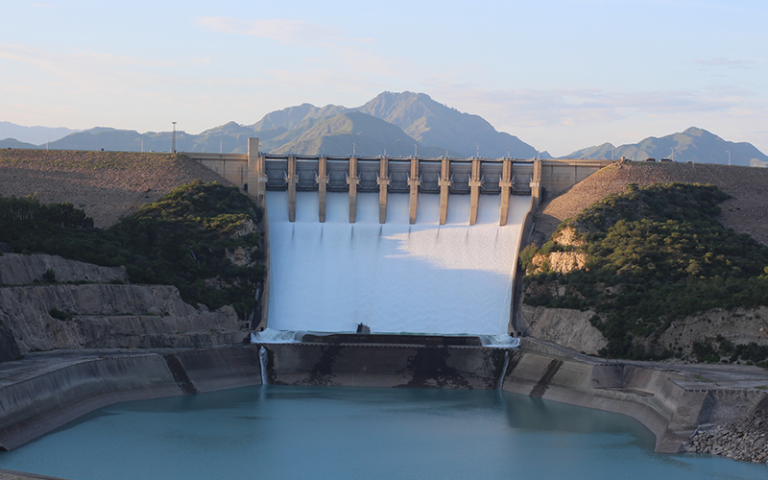Global science and innovation network helps tackle SDGs relevant to Pakistan
Researchers and professionals with roots in Pakistan are developing solutions to address major social and economic challenges facing people of Pakistani origin, wherever they live worldwide.

8 January 2021
In Pakistan, one in ten people lack access to clean water and around 50 million people live off-grid with little prospect of access to electricity.
The UK Pakistan Science and Innovation Global Network (UPSIGN) was established in 2017 in UK universities by British Pakistani academics. Its mission includes raising awareness and find solutions for some of the biggest social and economic challenges facing people living in Pakistan.
“In Pakistan, we work with universities, public- and private-sector organisations, government bodies and NGOs to facilitate knowledge transfer and support capacity building,” explains Professor Jawwad Darr (UCL Chemistry), UPSIGN’s Chairman and one of its founders.
The network comprises more than 250 academics and professionals with roots or interests in Pakistan, who live around the world. UPSIGN currently focuses on five priority themes: agriculture and nutrition; health and wellbeing; energy and water; the use of digital technologies (including artificial intelligence); and education and capacity building. Many of these align or overlap with aspects of several of the Sustainable Development Goals (SDGs).
“We want to enhance the knowledge economy in Pakistan and maximise opportunities for Pakistanis to contribute to the SDGs.
Professor Darr is coordinating UPSIGN’s clean energy and water group, which is assessing how the availability of energy and clean water in remote communities in Pakistan can affect education, gender equality and poverty. The group is also exploring solutions to provide energy to off-grid communities via affordable battery and other energy-storage systems and small-scale renewable-energy harvesting systems.
Elsewhere within the network, experts in the agriculture and nutrition theme are helping to ensure the effective coordination and delivery of the UKRI’s Global Challenges Research Fund investments in sustainable food systems in Pakistan.
In the UK, the network also supports people of Pakistani ethnic origin to progress in their professional lives through mentoring and leadership training. The group also works to create a more positive image of Pakistani people worldwide.
“More than 60% of Pakistan’s 220 million population are under 30, many of whom desperately need to find jobs and help build a stronger economy for their country,” explains Professor Darr. “We want to enhance the knowledge economy in Pakistan, facilitate bilateral trade and cooperation, encourage equal opportunities for women and men and maximise the opportunities for Pakistanis to contribute to the SDGs, wherever they are based.”
 Close
Close


